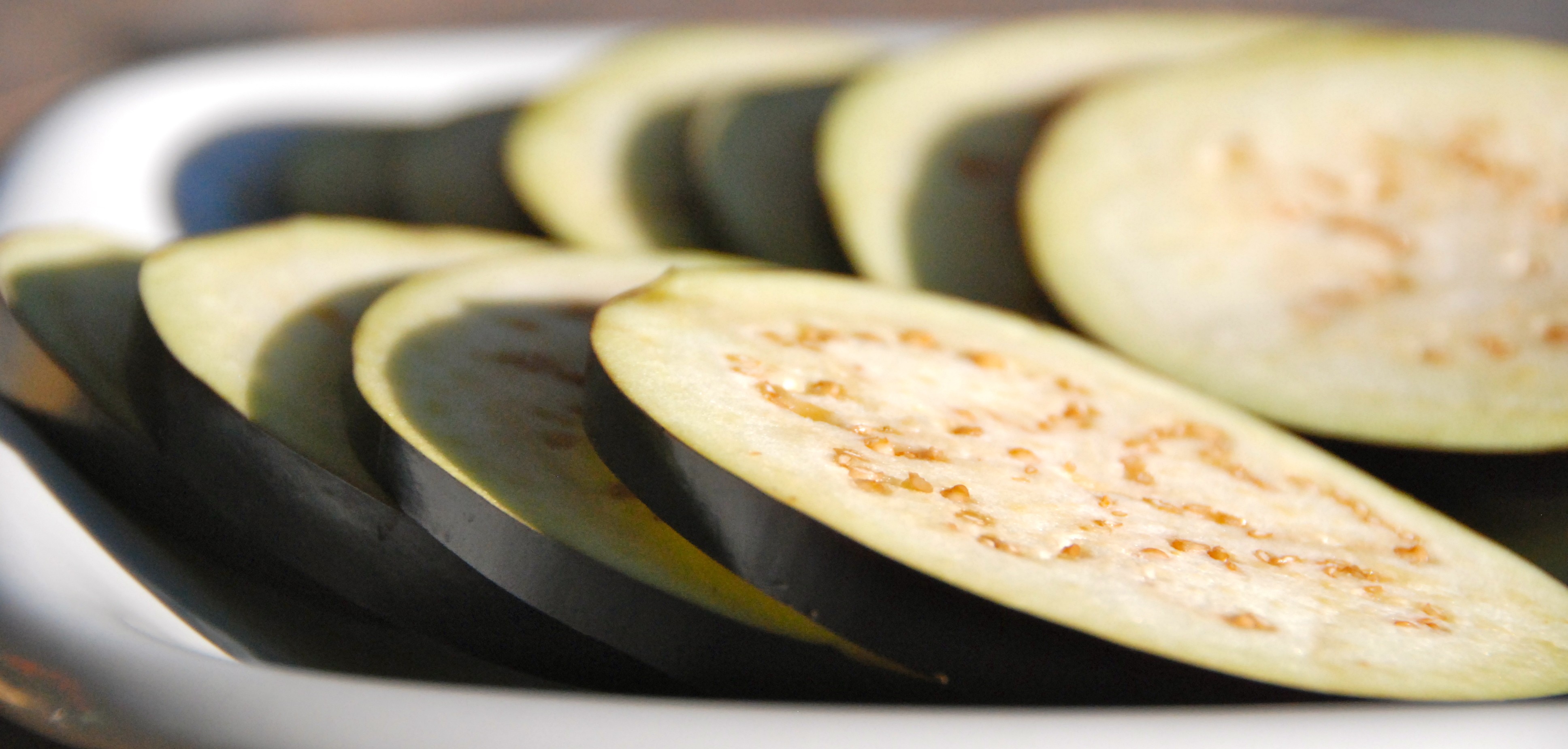Most often, when we talk about sugar, we are referring to a mixture of glucose and fructose, both simple sugars that are contained in various amounts in different foods.
Natural Health News — There are sugars that occur naturally in foods, and then there the sugar added in processing or preparing of foods, especially convenience and ‘junk’ foods.
It’s these added sugars, say scientists, that are contributing significantly to a range of health risks including heart disease and diabetes.
In a new study published by JAMA Internal Medicine, US researchers set out to discover what link, if any, there was between added sugar consumption and the risk of death from cardiovascular disease (CVD).
Mixed messages
Recommendations for added sugar consumption vary and even though there is plenty of evidence to shown it is harmful, there is no universally accepted healthy upper limit for consumption for adults.
For example, the Institute of Medicine recommends that added sugar make up less than 25% of total calories while the World Health Organization recommends less than 10% (also the recommendation in the UK).
The American Heart Association recommends …
One of the keys to orderly brain function is glutamic acid, and this compound is found in many vegetables. When sugar is consumed, the bacteria in the intestines, which manufacture B vitamin complexes, begin to die-these bacteria normally thrive in a symbiotic relationship with the human body. When the B vitamin complex level declines, the glutamic acid (normally transformed into “go” “no-go” directive neural enzymes by the B vitamins) is not processed and sleepiness occurs, as well as a decreased ability for short-term memory function and numerical calculative abilities. The removal of B vitamins when foods are “processed” makes the situation even more tenuous.
Make sure to read the rest of the article at Nyrnaturalnews.





Leave a Reply